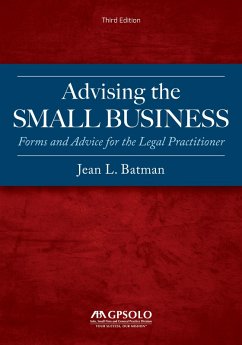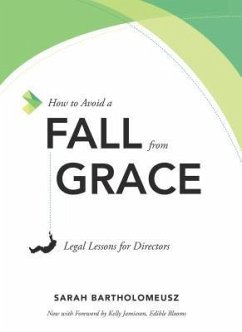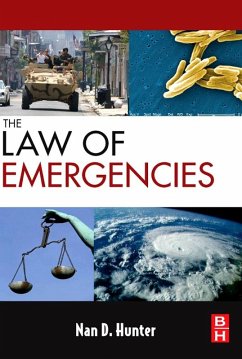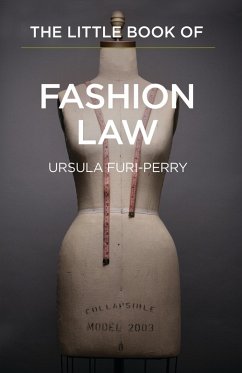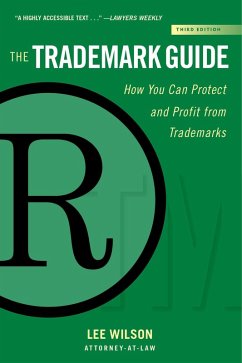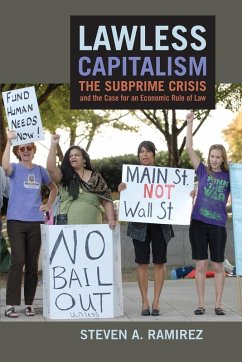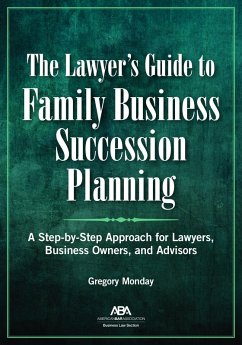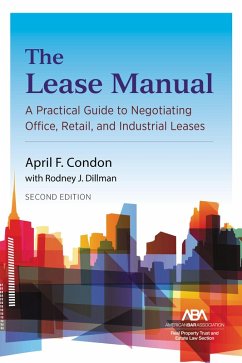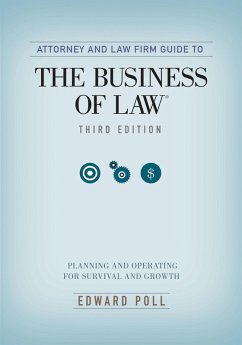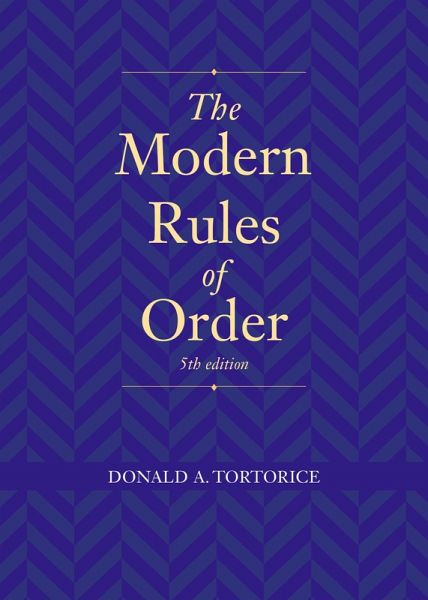
The Modern Rules of Order, Fifth Edition (eBook, ePUB)

PAYBACK Punkte
8 °P sammeln!
The essential purpose of parliamentary rules for a business meeting is quite simply to provide a framework of established procedures for the orderly and fair conduct of the meeting's business. All too frequently, however, traditional parliamentary rules can lead to confusion, disagreement, and disruption when, in debate on a particularly troublesome issue, it is discovered that the chair of the meeting is not completely familiar with what can be complex and convoluted procedures. This is not surprising since traditional rules were tailored to formally structured parliamentary debate. The Moder...
The essential purpose of parliamentary rules for a business meeting is quite simply to provide a framework of established procedures for the orderly and fair conduct of the meeting's business. All too frequently, however, traditional parliamentary rules can lead to confusion, disagreement, and disruption when, in debate on a particularly troublesome issue, it is discovered that the chair of the meeting is not completely familiar with what can be complex and convoluted procedures. This is not surprising since traditional rules were tailored to formally structured parliamentary debate. The Modern Rules of Order aims to provide a more modern and simplified procedure that promotes efficiency, decorum, and fairness in a form that can be easily mastered and later referred to with ease. They are designed for application to a business meeting, whether the business is that of a major corporation or a small non-profit association.
Dieser Download kann aus rechtlichen Gründen nur mit Rechnungsadresse in A, D ausgeliefert werden.




